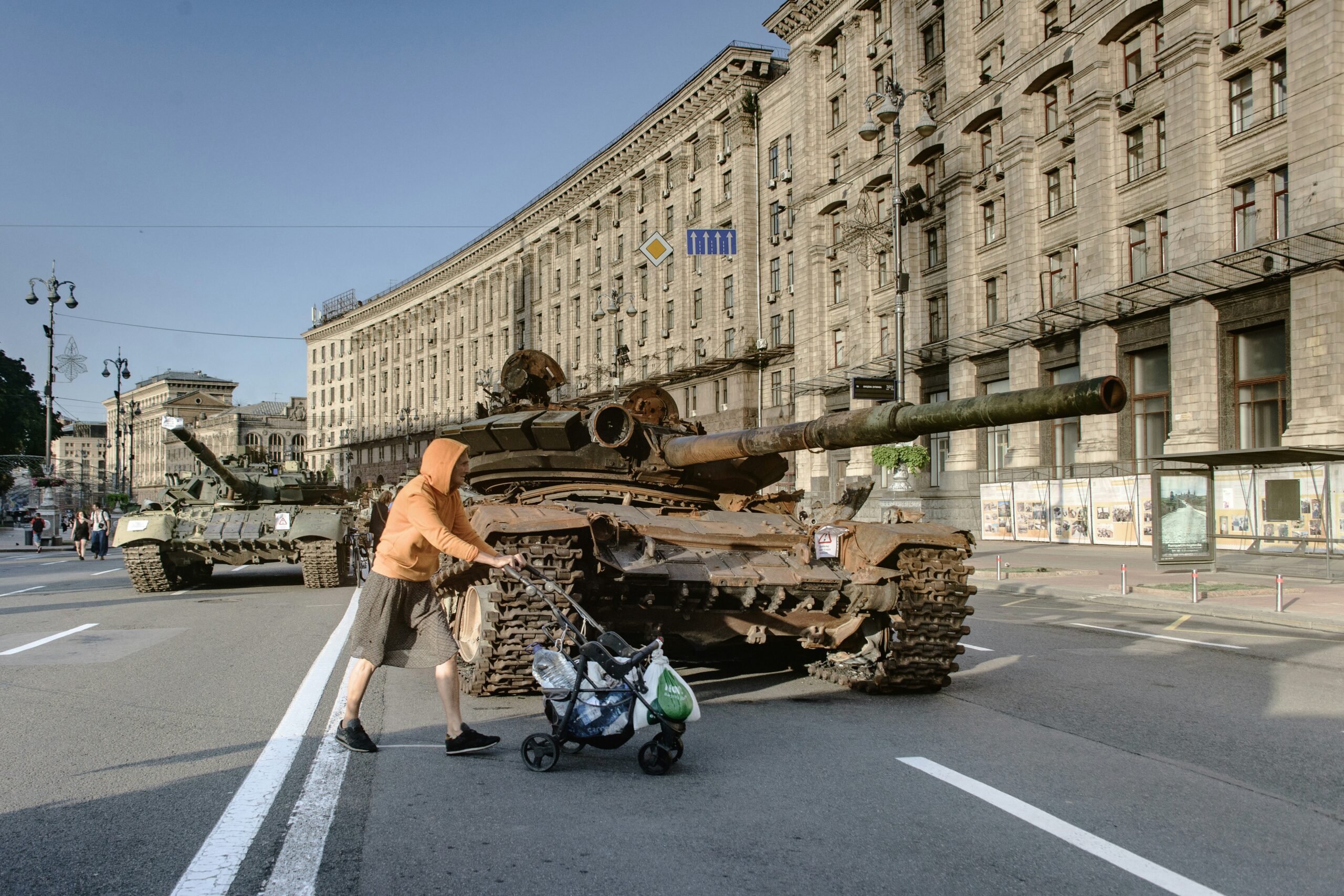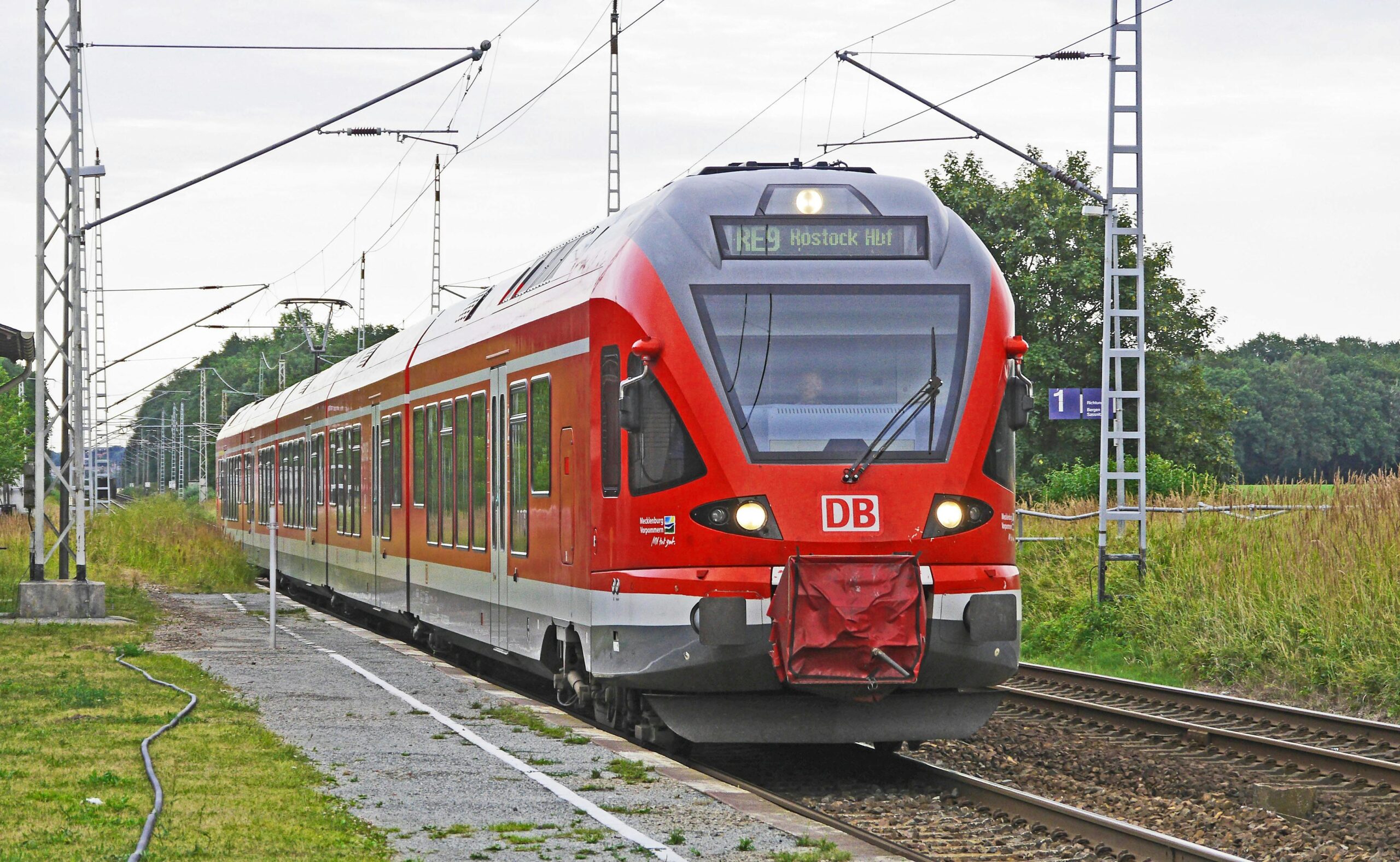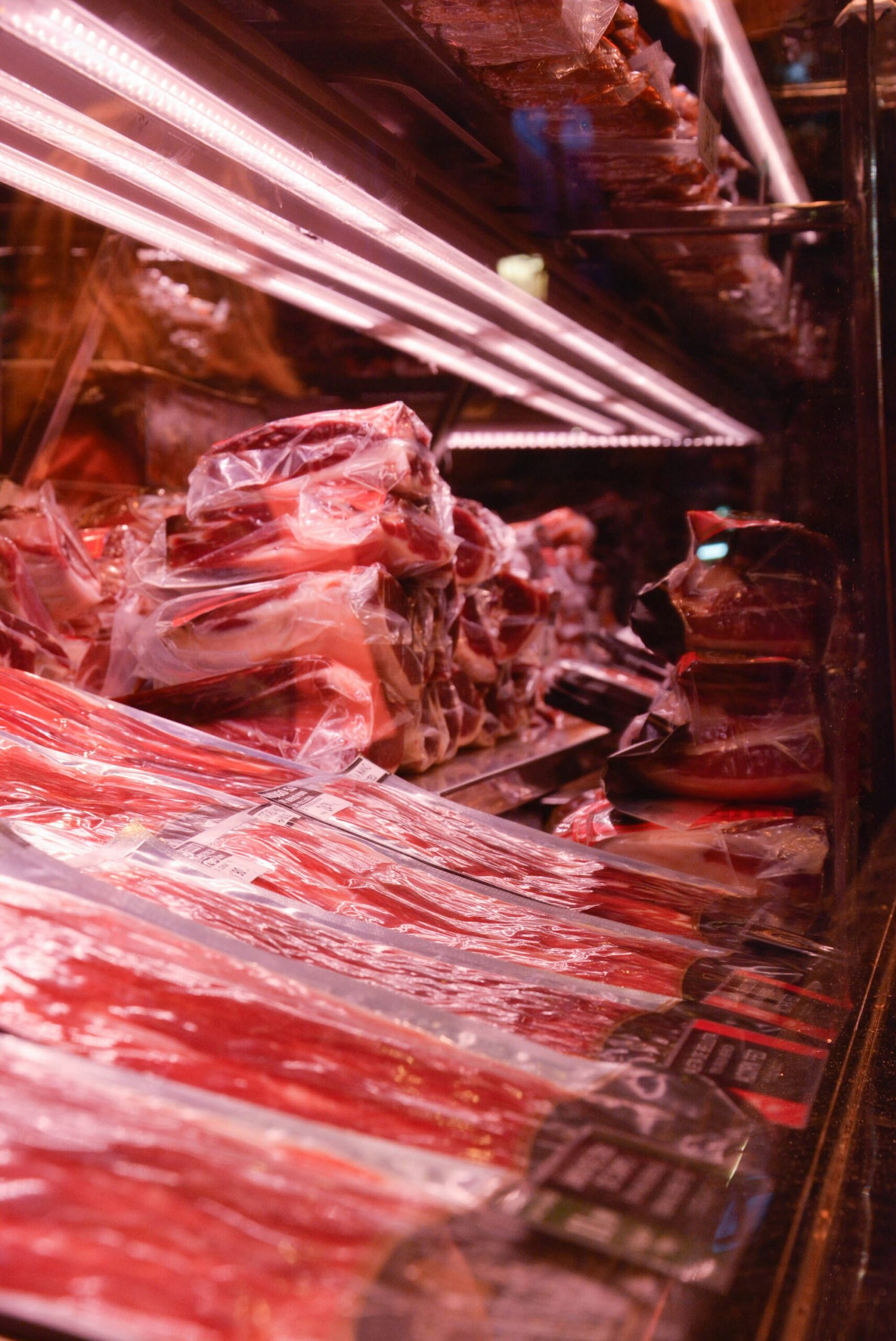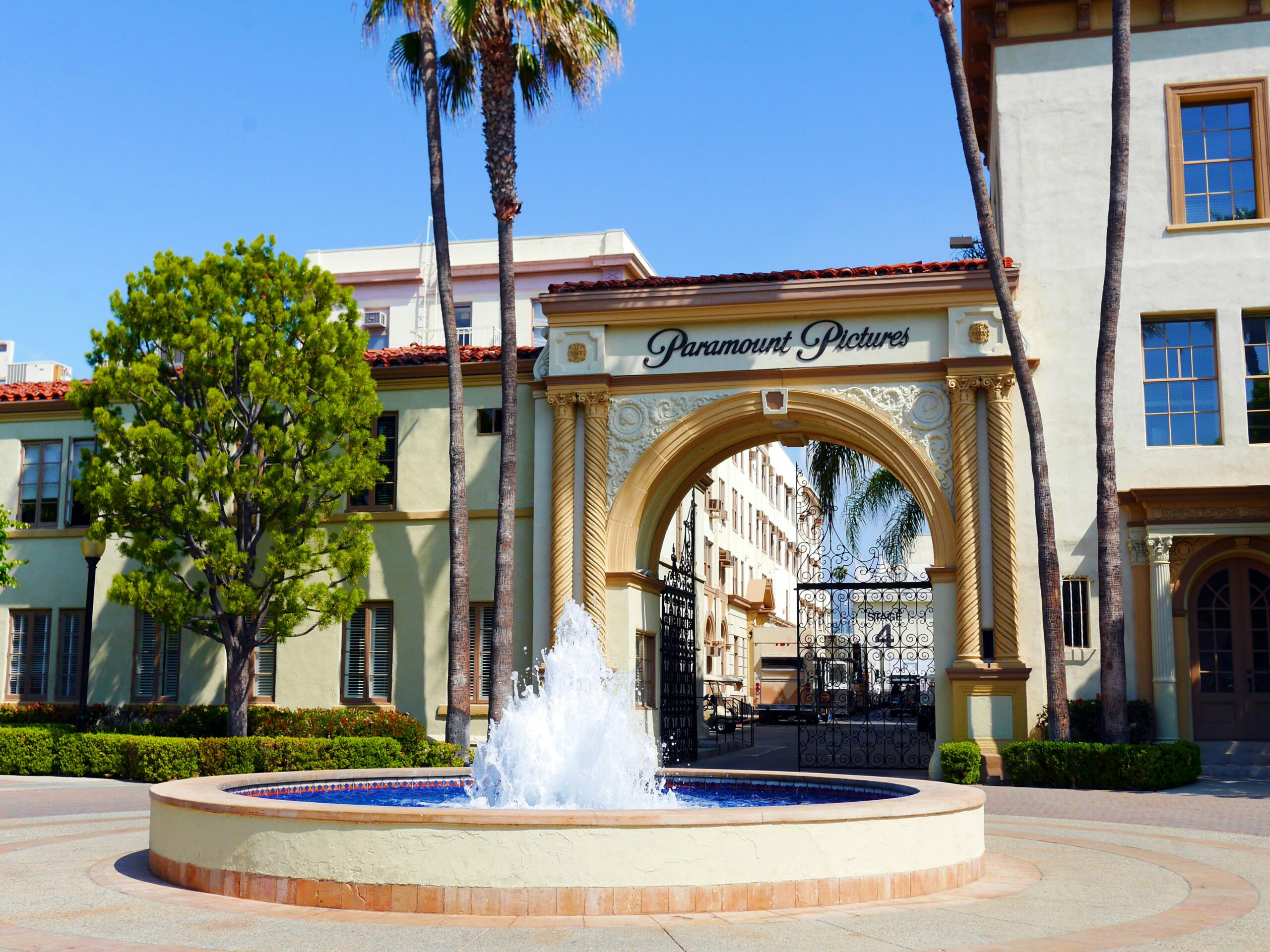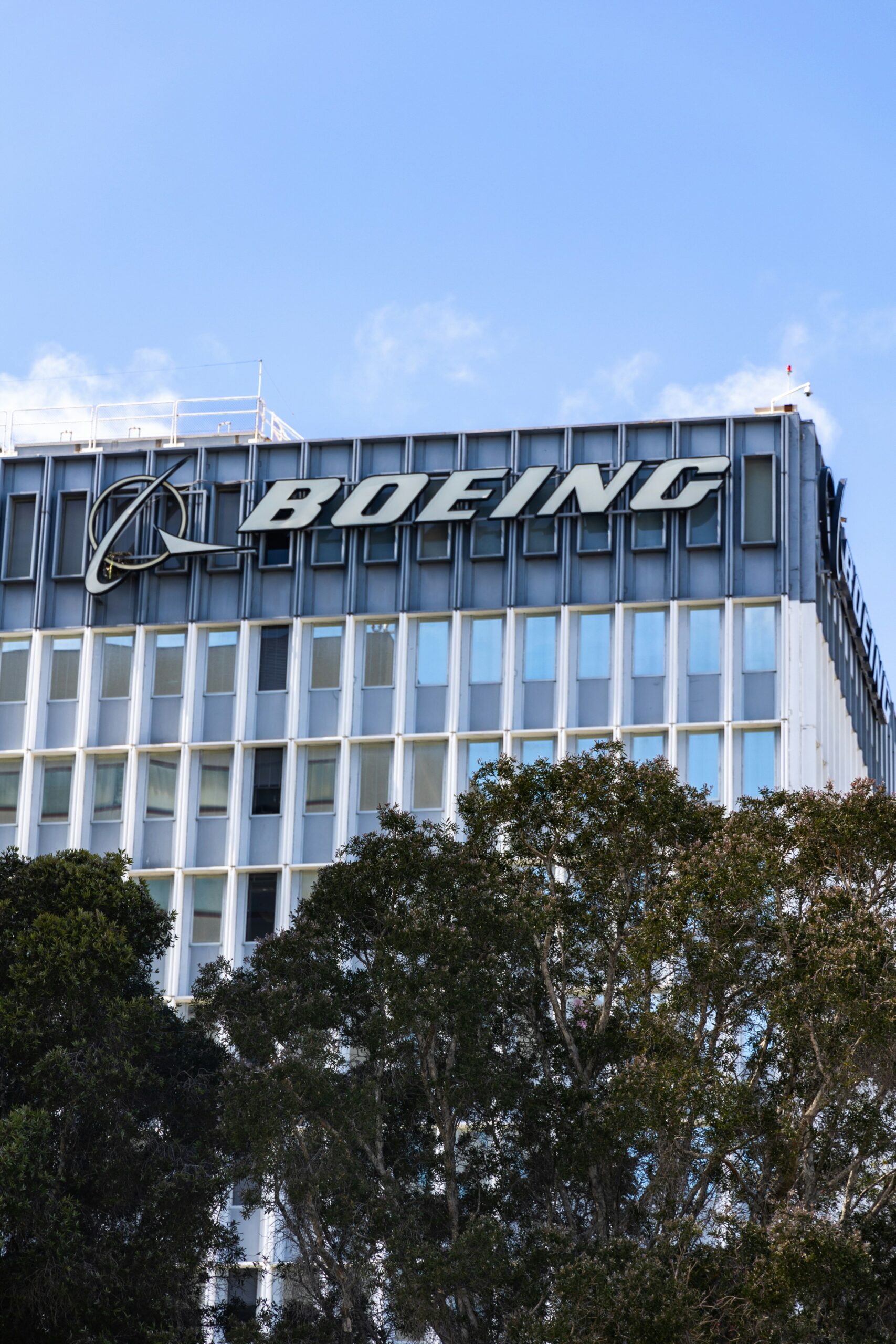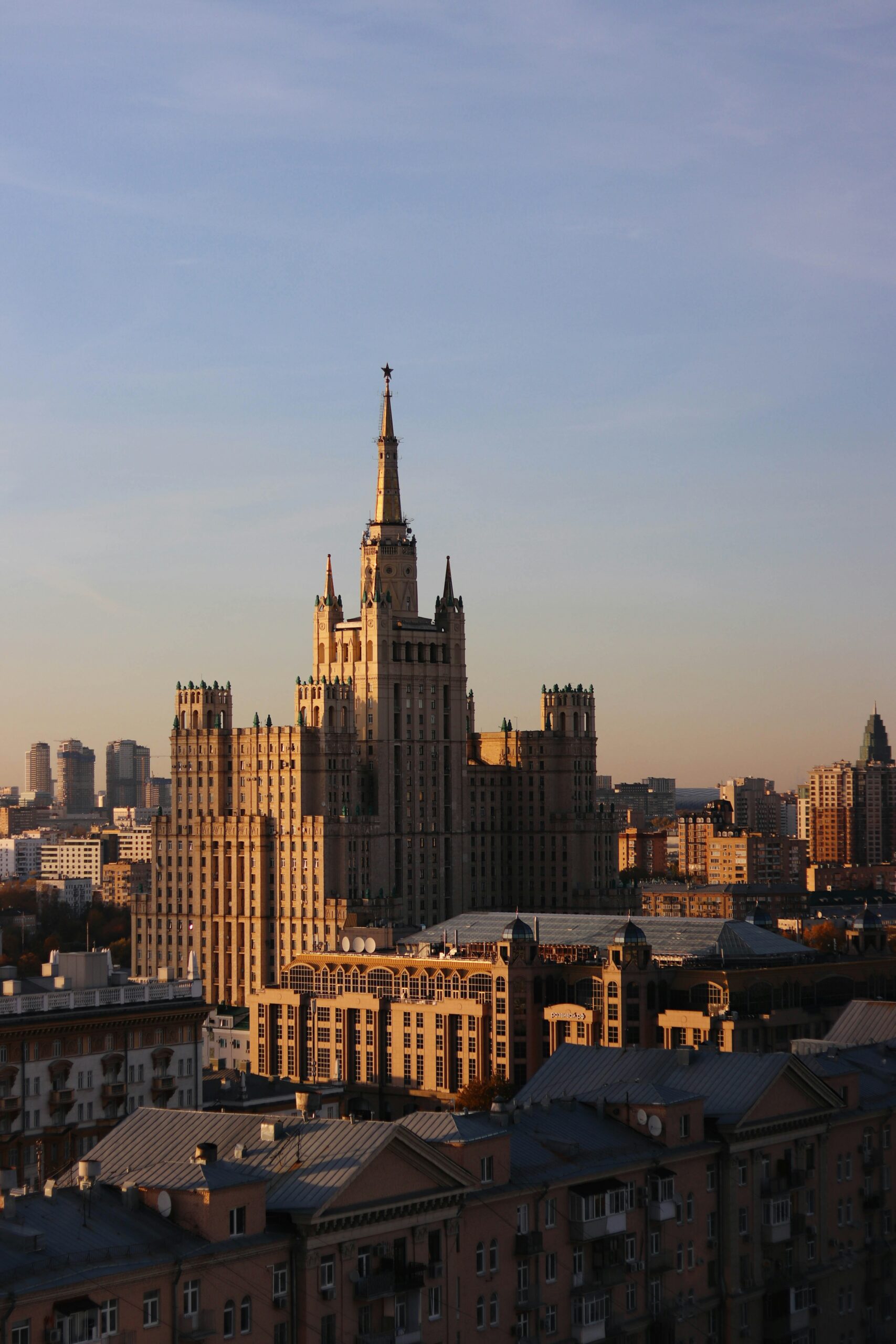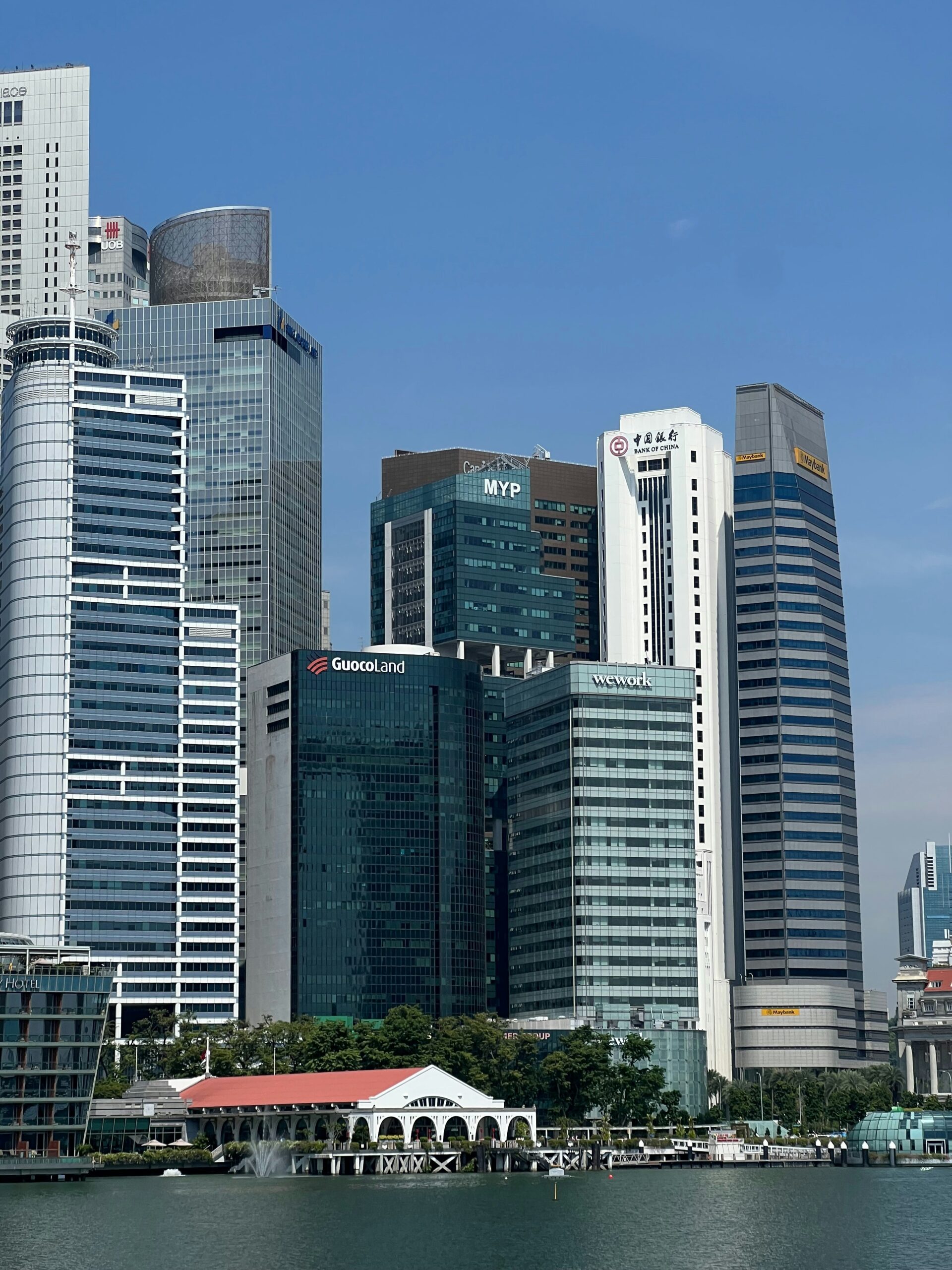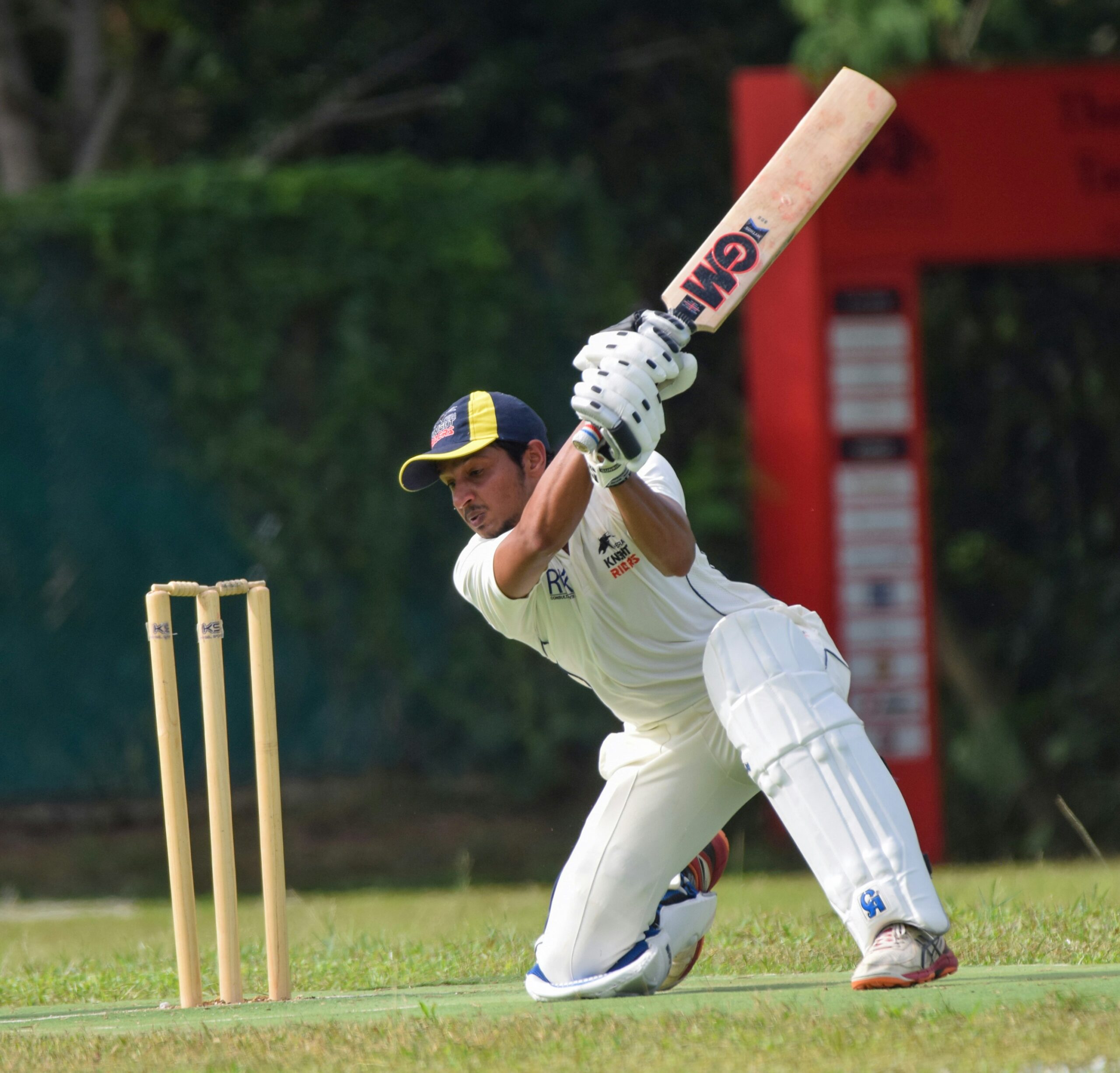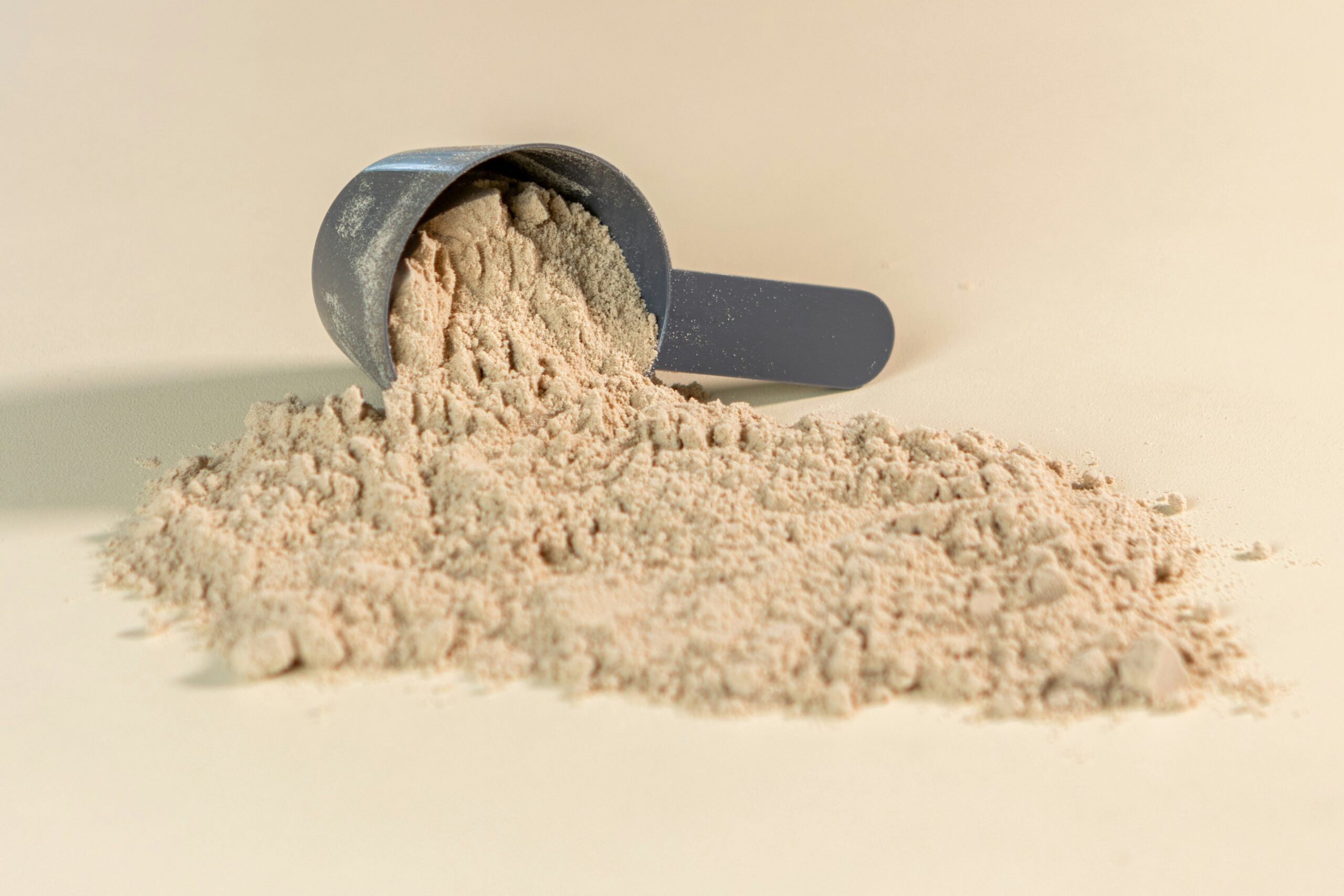Image credit: Unsplash
According to two Western officials, earlier this year, U.S. intelligence officials warned German authorities that Russia was plotting to assassinate the head of Europe’s largest weapons producer. The Western officials stated the alleged plot involved killing Armin Papperger, the head of Rheinmetall, a major German manufacturer that has been a key supplier of artillery shells and tanks for Ukraine. The plan was part of the Kremlin’s increasing hybrid war against the West, a sabotage campaign by Moscow to raise the cost of Western support for Ukraine amid war.
U.S., NATO, and German officials would not comment on the specifics of the assassination plan, but there is a clear increase in concerns about Russia’s growing efforts to destabilize Western countries and undermine support for Ukraine. The plot against Papperger underscores the lengths to which Moscow is willing to go in its hybrid warfare tactics, targeting individuals who are crucial to the support of Ukraine in its ongoing conflict with Russia.
Rising Tensions and Sabotage Efforts Linked to Moscow
Evidence of growing efforts in Moscow-led sabotage attacks or plots is rooted in a string of arson or attempted arson attacks in recent months that have been linked to Russian intelligence. These attacks have occurred in various European countries, including Poland, Britain, Lithuania, the Czech Republic, and Germany. Such incidents not only pose direct threats to the targeted sites but also aim to create a climate of fear and uncertainty among Western allies.
Adrienne Watson, spokesperson for the National Security Council, addressed the issue in a recent statement: “Russia’s intensifying campaign of subversion is something that we are taking extremely seriously and have been intently focused on over the past few months. The United States has been discussing this issue with our NATO Allies, and we are actively working together to expose and disrupt these activities. We have also been clear that Russia’s actions will not deter Allies from continuing to support Ukraine.”
Jens Stoltenberg, NATO Secretary General, echoed these sentiments, telling reporters on Thursday that the efforts were clearly aimed at intimidating Western nations into withdrawing support for Ukraine. Stoltenberg noted, “There is a pattern, a Russian campaign organized by the [Russian] security services to conduct hostile actions against NATO allies. These are not standalone incidents but part of a campaign.” This statement highlights the systematic nature of the threats and the broader strategic goals behind the sabotage efforts.
Increased Security Measures Against Russian Sabotage
In response to the escalating threats, significant security measures have been implemented. In April of this year, German law enforcement arrested two German-Russian men for plotting sabotage attacks on several U.S. facilities in Bavaria in southern Germany. The suspects, including Dieter Schmidt, were charged with espionage. Schmidt, who was observed taking photos of a U.S. military garrison in Grafenwoehr where Ukrainian troops are trained, had reportedly discussed potential targets, including the Grafenwoehr military base, with an individual linked to Russia’s military intelligence service over an encrypted messaging app.
Germany’s Interior Ministry, while declining to comment specifically on the alleged plot against Papperger, revealed that the country’s counterintelligence service had already thwarted possible sabotage attacks aimed at military support for Ukraine in April. “The German government will not allow itself to be intimidated by the Russian threats,” the Ministry asserted, underscoring the country’s commitment to protecting its strategic interests and supporting Ukraine.
Furthermore, in response to the invasion of Ukraine, hundreds of suspected Russian intelligence officials, who were serving under official cover as diplomats, were expelled to curb Moscow’s covert operations. This action reflects the broader international effort to limit Russia’s ability to conduct espionage and sabotage activities.
Rheinmetall’s Crucial Role in Supporting Ukraine
Rheinmetall has played a pivotal role in Ukraine’s defense against Russia’s invasion, supplying Kyiv with critical military equipment such as 155mm artillery shells, military drones, and tanks. The company has significantly increased its output to meet the growing demand from Ukraine, which is facing an ongoing conflict with Russia. Rheinmetall is also set to launch the production of artillery shells in western Ukraine, further reinforcing its support for Kyiv.
The threats against Armin Papperger and the subsequent security measures highlight the high stakes involved in the ongoing conflict between Russia and Ukraine. As Western nations continue to bolster their support for Ukraine, the need for heightened security and vigilance remains paramount.
